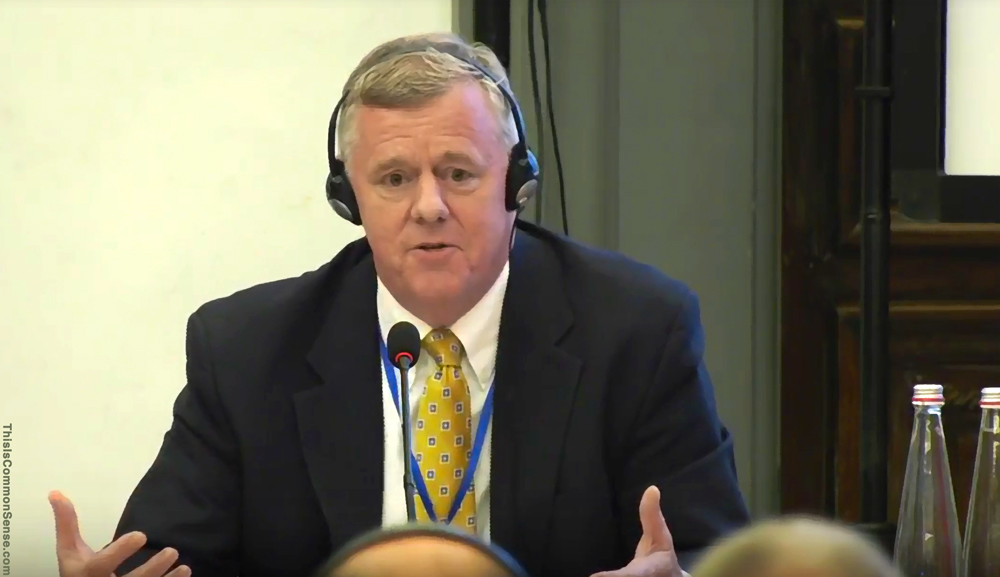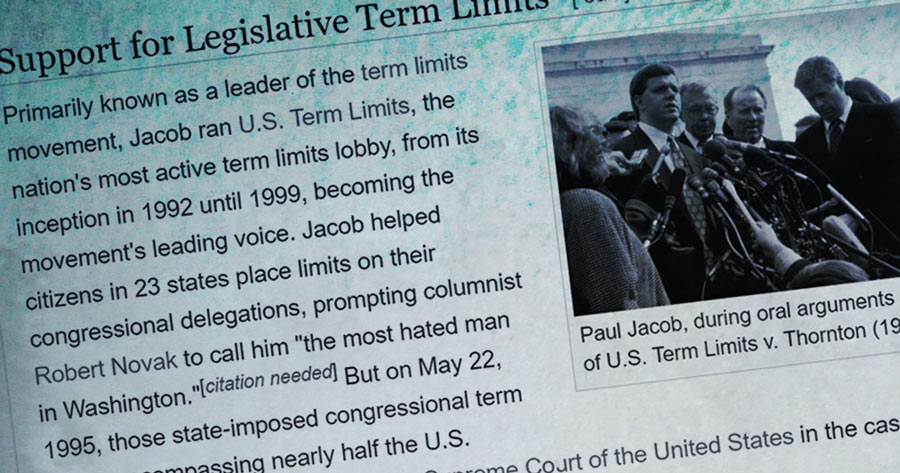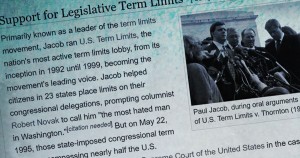Former Oklahoma Attorney General Drew Edmondson is running for governor.
Again.
You may recall, as I certainly do, that Mr. Edmondson prosecuted — more like persecuted — me and two others involved in a 2005 petition drive. He charged us with “conspiracy to defraud the state,” a felony carrying a 10-year prison term.
At our arraignment and processing, the three of us were shackled together with handcuffs and leg-irons and paraded before TV cameras.
“Has North Korea Annexed Oklahoma?” was how a Forbes magazine editorial greeted the spectacle. The conservative Wall Street Journal connected the Sooner State to the kind of repression practiced in Pakistan, while liberal consumer advocate Ralph Nader also condemned the prosecution. New Jersey Star Ledger columnist Paul Mulshine noted that Russia’s Vladimir Putin “could learn a thing or two from the Oklahoma boys.”
We became the Oklahoma 3. The AG earned the label “Ayatollah Edmondson.”
Loudly expressing our innocence, we waited for our day in court.
It was a long wait.
Edmondson held the indictment over our heads for a year and a half, publicly attacking us and calling us criminals. But he never permitted us our day in court. He went to great lengths to avoid completing a preliminary hearing, which would have allowed a judge to determine if enough evidence existed to hold a trial.
Finally, in 2009, as he prepared to launch his previous unsuccessful run for governor, he dropped all the charges.
When someone abuses power so recklessly, that someone shouldn’t be given more power.
Today, career politician Drew Edmondson tells voters he will “Put Oklahomans First.” He can’t even come up with his own slogan.
Ayatollah Edmondson: Dangerous. And unoriginal.
This is Common Sense. I’m Paul Jacob.
Additional Information
Capitol Beat: In critical analysis, Edmondson ranked among worst attorneys general
CEI: Drew Edmondson’s Prosecution of Paul Jacob Is Unconstitutional
Wall Street Journal: Still Oklahoma’s Most Wanted – Attorney General leads posse chasing critics of government
NewsOK: State’s Unjust Prosecution
Capitol Beat: Edmondson should free “The Oklahoma Three”
My Writing on Edmondson’s Attack on Petition Rights
We, the Oklahoma 3 — Oct. 7, 2007
Guilt & Innocence in Oklahoma — Jan. 21, 2008
Constitutionally Unsuited for the Job — Feb. 13, 2008
Above the Law — March 14, 2008
Opposed to Answers — April 28, 2008
Edmondson vs. Term Limits — May 20, 2008
Another OK Court Decision — June 4, 2008
Petitioners May Petition — July 8, 2008
Scare Tactic in Oklahoma — July 23, 2008
Feeling Sorry for Oklahoma — Nov. 17, 2008
The Wheels of Injustice — Dec. 4, 2008
The Oklahoma Three, Free at Last — Jan. 26, 2009
The Year of Reform? — Feb. 18, 2009
The Untold Story of the Oklahoma 3 — May 1, 2009
Change Sweeping Down the Plains — May 19, 2009











